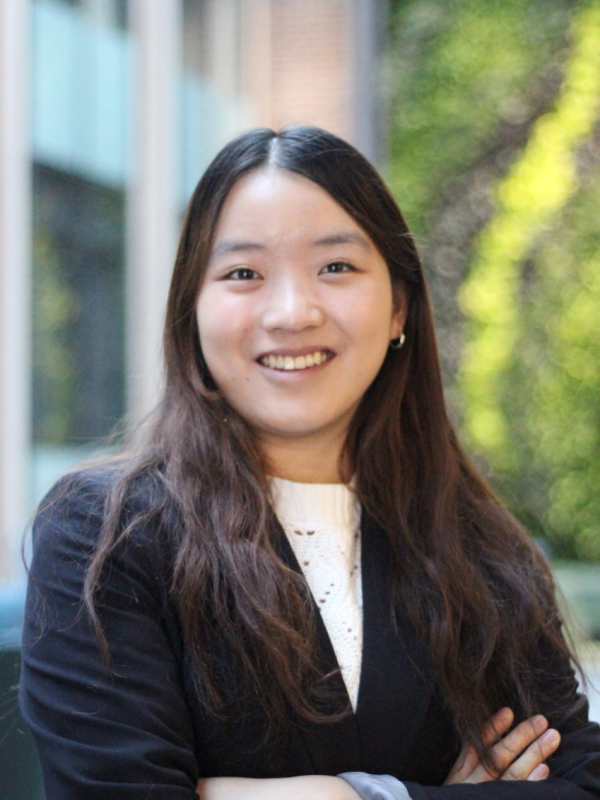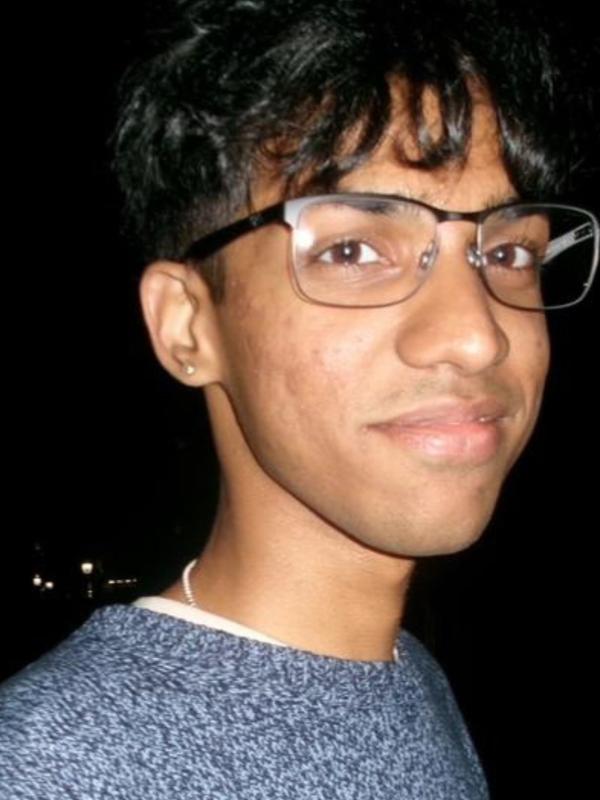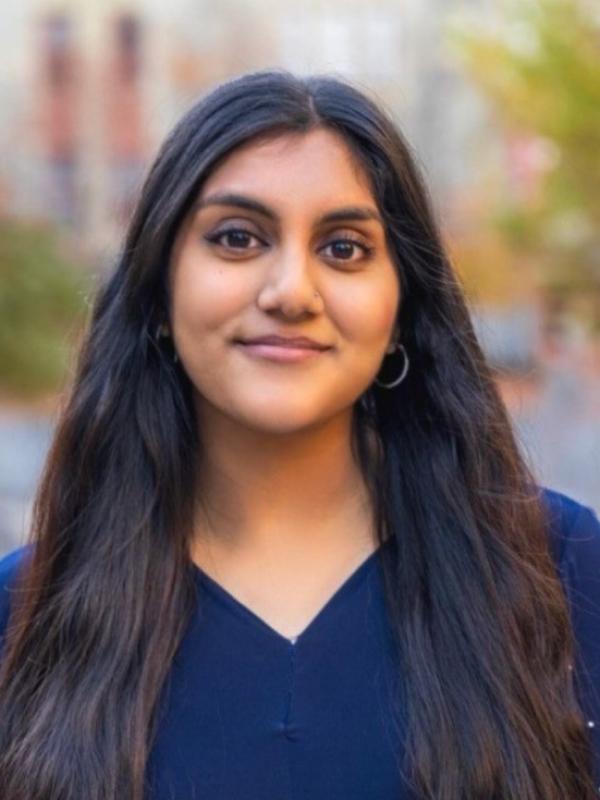

Addressing the needs of multilingual families of an autistic child
Seeking a bilingual (Spanish/English) research assistant to help with several research projects related to the needs of multi-lingual families of a child affected by autism. Gain clinical research experience at CHOP!
Decode Human Brain Development with Organoids and Spatial Transcriptomics
We focus on the development and disorders of the human cerebral cortex. Our research integrates two complementary human-based approaches: spatial transcriptomics analysis that preserves gene expression and spatial context in human brain tissue, and human stem cell-derived brain organoids that provide dynamic, experimentally tractable models. By benchmarking organoids to human reference maps, we aim for biologically meaningful insight.
The Neuroscience of Cooperation: Cracking the Brain’s Code for Teamwork
Have you ever wondered how our brains decide when to cooperate, or when to put our own interests first? In my lab, we study the brain circuits that make teamwork possible. To do this, we use treeshrews, small primate-like animals with surprisingly sophisticated decision-making abilities. We train pairs of treeshrews to play a cooperation game based on game theory, where sometimes they must “insist” on their own choice and other times “accommodate” their partner’s. While they play, we record brain activity in regions like the prefrontal cortex and anterior cingulate, which are critical for social decision-making. By combining these behavioral tasks with cutting-edge tools like multi-electrode recordings and optogenetics, we aim to reveal how brain circuits compute fairness, trust, and cooperation. This project offers undergraduates the chance to work hands-on with behavioral training, neural recordings, and data analysis, all while tackling one of the biggest mysteries of social neuroscience.
- Page 1
- Next page





